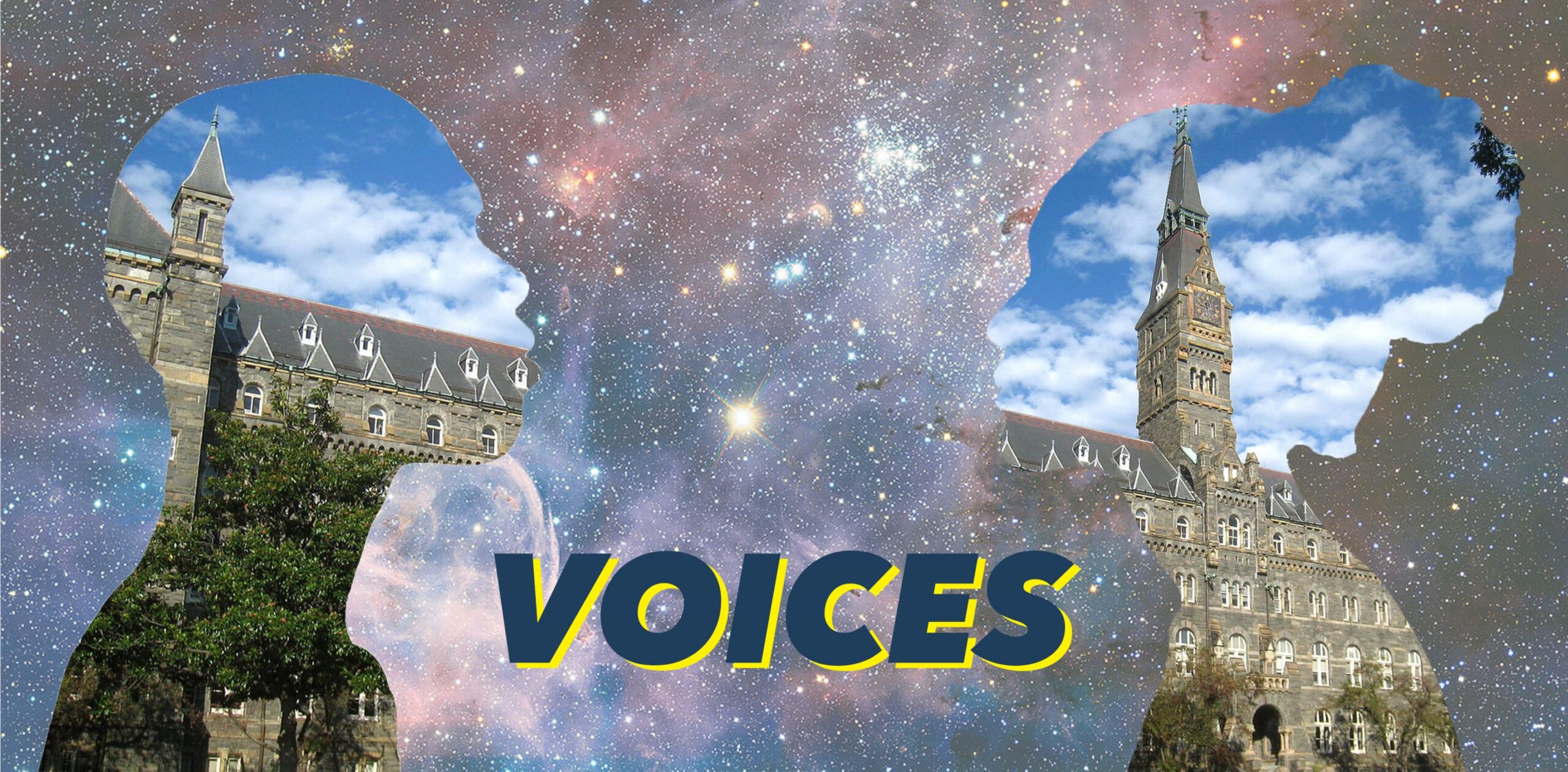My Home
I have seen the junction of hope and hopelessness. I spent the first few years of my life on Emerson Street in Haverhill, Massachusetts. The place was falling apart, and drugs changed hands in the house’s darker hallways. My mother rarely let me leave the house or play with the other children outside. I didn’t fully understand why, but I recognize now that she was concerned for my safety — she was concerned about the potential negative influences on my life.
My mother grew sick with cancer, and both of my parents were out of work. I was about 12. We were homeless for a brief period and later found a small motel room for the four of us. We managed to become at least somewhat financially stable, and were able to find a three story home in Lawrence, Massachusetts to call home. It was above our budget, but my father knew the landlord; he was willing to accept payments two, sometimes three months late. Our home may have been falling apart, in a dangerous part of the city, and right next to a nightclub, but we called it our home because that was all that we knew.
I was not fully aware of my family’s economic situation, but I understood that something was wrong. I was uncomfortable with the fact that I’d hear an ambulance blare at least once a day, and I never truly learned to differentiate the sounds of gunshots and fireworks. Both scared me. When I see depictions of Lawrence, I notice that it is always in viewed in the negative. Articles have labeled it, “The City of the Damned.” People at Georgetown who know my city went to Phillips Academy Andover and did community service in our centers, or taught English to the children of immigrant families. We, to outsiders, are a population to be saved.
The Heroes
Everyone I know gets something wrong about Lawrence. There are heroes. People who possess hope unlike anything I have seen; their desire to change their situation burns so brightly that those around them can’t help but notice that the room feels different when they arrive. These heroes who walk along the streets, dancing around heroin needles, are the youth. We, the young people who populate the city, have not had fair lives, but like any good hero story, we share our tragedies to empower those who may be scared to take a stand otherwise. I’ve had so many moments where I’ve mentored students from my hometown. Often, during the college application process, they are scared to put a school like Georgetown on the list. They are afraid because of the cost, the culture differences, and the distance from home. I’ve learned that I need to push these students to go beyond what they think is possible.
I share this all because I have been intensely reflecting on my purpose as of late. I am no longer in the city. I reside within Georgetown’s quiet and peaceful walls. A world where grades mean the world and where the struggles of my childhood would shake the foundations that most of my peers stand on. I have always believed in the capability of the youth within cities such as Lawrence, and I have often wondered how I can act on this belief in a manner that betters the world in some way. I have recently realized that I am now growing beyond the age of the students who I believe are the true champions of cities, and I am growing closer towards the world of being an adult. More specifically, a college graduate. I want to make sure that I do not become the type of graduate who gentrifies a city like Lawrence, and causes the cycle to repeat itself.
Taking a S.T.A.N.D
This realization has brought me to a decision that I made along with a group of close friends. Last year, I was tapped to apply for a Magis Row house which would be sponsored by the Georgetown Scholarship Program (GSP). The other people that were tapped —David Toledo (MSB ’19), Dylan Hughes (COL ’19), Kevin Durham (MSB ’19), and Christian Collier (COL ’19) — are all people who I have gotten to know well during my time at Georgetown. Our mission is to fight for socio-economic inclusivity on Georgetown’s campus and to bring together voices from a diverse spectrum of economic backgrounds.
With a similar mission in mind, Katie De Araujo (SFS ’18), Tithi Patel (SFS ’18), Beatrice Hociota (MSB ’19), and Shifaa Alsairafi (SFS ’18) worked in tandem with us and GSP to create the final product of all nine of our missions — the two S.T.A.N.D. Magis Row houses. After a long and difficult process, we came to the name S.T.A.N.D. because we strive for Socio-Economic Ties and Networks of Dialogue. We will create spaces for people of various economic backgrounds to meet with each other, engage in dialogue, and break the tendency to remain within our familiar circles.
We dived into the application process, outlining our programming, making PowerPoints, and coordinating with organizations on campus. During our grueling preparation, I came to understand that we all were in the second stage of being one of the “heroes” I mentioned earlier. We have all learned that in order to continue being beacons of hope, we must strive to educate those around us—we must work with the students who are of low socio-economic statuses and ensure that we foster dialogue with the much more wealthy greater campus.
This house is, in an actualized form, the core of my mission. I’ve made many friends on the Georgetown campus of varying familial income statuses, and what I’ve found across the board is that we all have much more in common than we initially think. Wealthy students deal with imposter syndrome; students of middle incomes have unique struggles that come as a result of financial aid issues. My dream is for the house to represent a diverse community, and for students who never had the chance to meet those different from them to come, sit at the table, and feel at home.






